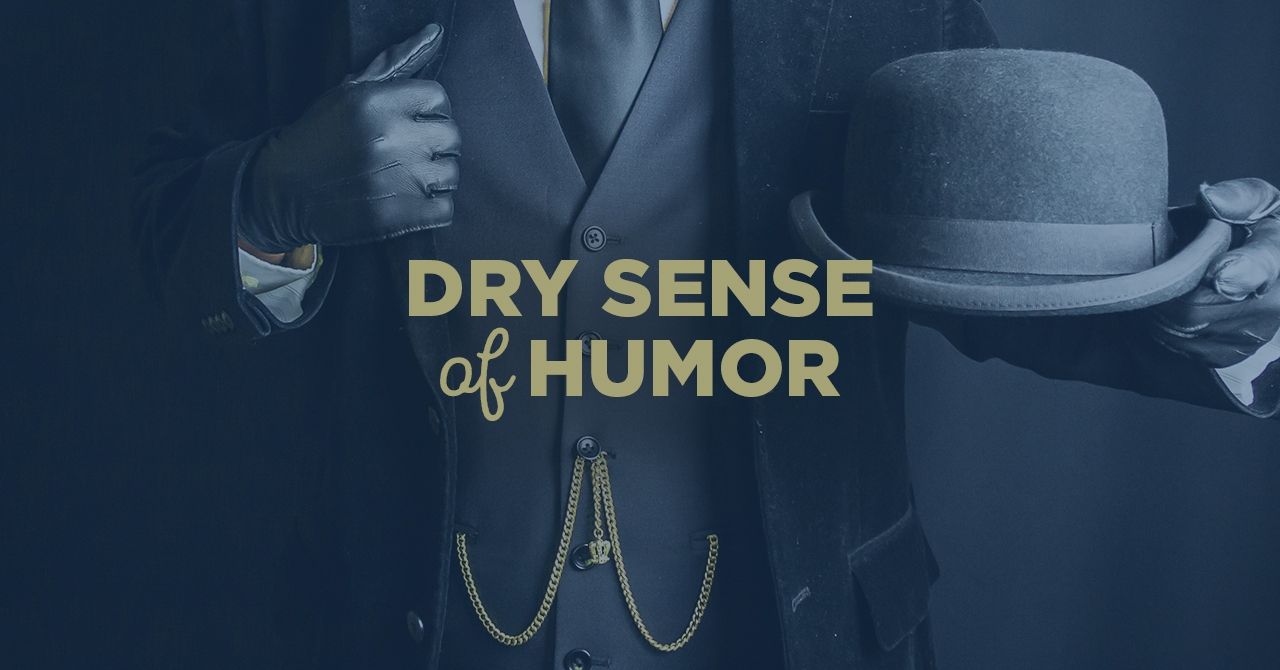
What Does It Mean to Have a Dry Sense of Humor?
Dry humor and dry-humor jokes are as old as the English language. As literature and the performance of literature developed in England over the course of centuries, irony came to be a beloved theatrical device.
When talking about different types of humor—often in the context of comedians or other public figures whose performances or personalities incorporate elements of comedy—the phrase dry humor will come up when describing a certain type of effect that a joke may have. But where did it come from, and what does it mean?
Dry sense of humor: meaning and roots
Dry humor and dry-humor jokes are as old as the English language. As literature and the performance of literature developed in England over the course of centuries, irony came to be a beloved theatrical device.
The English are frequently credited with holding a sort of patent on the humorous technique of saying the opposite of what is meant or delivering it in style deliberately counteracting the supposed meaning of the statement.
The idea of a dry sense of humor sprang from the widespread usage of irony and is closely linked to it to this day. Because it has such close ties to the British sense of humor, which relies heavily on understatement and diminution, there is sometimes an implication that Americans—stereotypically loud, open, and sincere, with more outrageous styles of comedy—are incapable of being dryly humorous. However, the use of dry humor continues to evolve and spread.
Dry sense of humour: Comedy branding
When someone is said to have a dry sense of humor described this way, they are being defined not only by individual jokes or jibes but by their general brand of comedy. It means they tend toward incongruous humor wherein their delivery usually belies the punchy impact of their jokes.
For examples of dry humor, also called deadpan, look to actors like Aubrey Plaza (specifically her character April Ludgate on Parks & Recreation) or stand-up comedians like Amy Miller. The dryness of the jokes is all in the facial expressions—so watch their faces!
If you want to find out more about this topic, we encourage you to take a one-on-one lesson with a private English tutor from the UK on LiveXP.
Examples of dry sense of humor:
I have extensive experience writing in a variety of genres, from literary novels to music reviews to academic articles. I appreciate the power of words.

